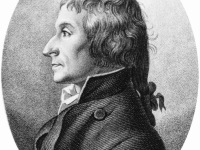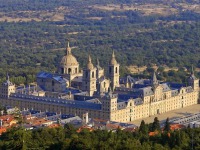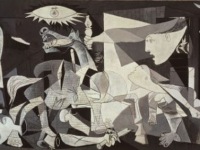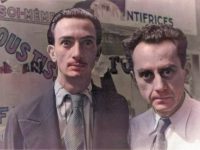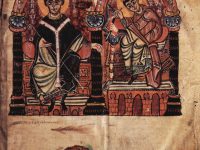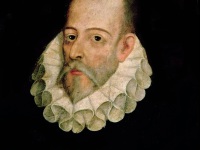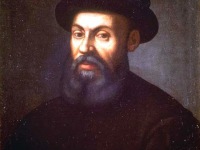Joseph Proust and the Law of Constant Composition
On September 26, 1754, French chemist Joseph Louis Proust was born. He was best known for his discovery of the law of constant composition in 1799, stating that in chemical reactions matter is neither created nor destroyed. A Young Chemist Joseph L. Proust was born on September 26, 1754 in Angers, France as the second son of Joseph Proust, an apothecary, and Rosalie Sartre. Joseph studied chemistry in his father’s shop and later came to…
Read more

